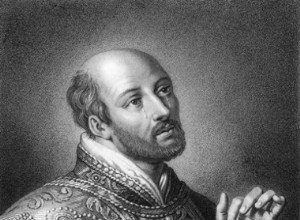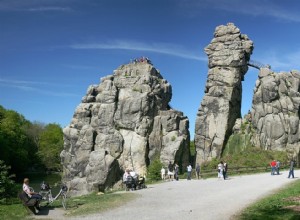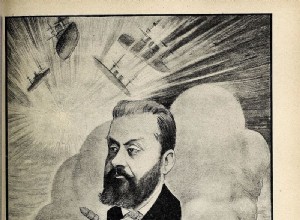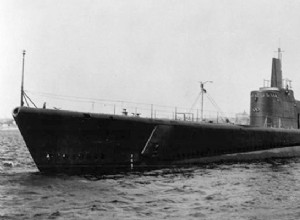The Society of Jesus was created in 1534 by Saint Ignatius of Loyola, in the context of the Catholic reaction against the advance of Protestantism. By Me. Cláudio FernandesThe 16th century was one of the most troubled in world history, given that throughout its decades several events of great impac




